- IDP China>
- 课程库>
- 艺术与设计>
- 艺术、人文与社会科学>
- 政治学与政策研究>
- Bachelor of Communication (Journalism) Bachelor of International Studies
传播学(新闻学)学士学位国际研究
Bachelor of Communication (Journalism) Bachelor of International Studies

学历文凭
Bachelor Degree

专业院系
Faculty of Arts and Social Sciences

开学时间

课程时长

课程学费

国际学生入学条件
Applicants must have completed an Australian Year 12 qualification, Australian Qualifications Frame Diploma, or equivalent Australian or overseas qualification at the required level.
IDP—雅思考试联合主办方

雅思考试总分
- 雅思总分:
- 托福网考总分:
- 托福笔试总分:
- 其他语言考试:
CRICOS代码: 087763D
申请截止日期: 请与IDP联系 以获取详细信息。
课程简介
Prepare for a journalism career with our comprehensive degree and international .This course is designed for aspiring journalists eager to explore and report on global issues. Choose this course for a comprehensive blend of practical journalism with language and cultural studies, broadening your career prospects and offering international study opportunities.Distinctive for its central Sydney location near major media outlets, you'll gain hands-on and engage with real reporting, collaborate with industry giants, and understand journalism's democratic role.You'll acquire skills in writing, production, digital content, and news analysis, preparing you for diverse media platforms. The course also allows for a second major, enhancing versatility in media and communication roles.Upon completion, you'll be equipped for careers as reporters, editors, media advisors, and more, with the adaptability to thrive in various communication positions across sectors.
相关申请
 预科
预科 奖学金
奖学金 实习机会
实习机会 在校学习
在校学习 跨境学习
跨境学习 校园授课-线上开始
校园授课-线上开始 在线/远程学习
在线/远程学习
开学时间&学费
学费信息仅供参考,请与IDP联系以获取详细信息
| 开学时间 | 时长 | 学费 | 地点 |
|---|
学校排名

世界排名196
数据源:
泰晤士高等教育世界大学排名
关于悉尼科技大学

悉尼科技大学(UTS)是世界排名前100的大学之一(QS 2025),对于任何希望提升职业前景并在充满活力的环境中学习的学生来说,这都是一个很好的选择。UTS的学位包括实地考察、案例研究和其他实践经验。学科与行业相结合,为学生提供相关技能。研究项目将学生与所在领域的顶尖人才联系起来。作为一所高级研究型大学,学生可以向在各自行业提供丰富经验的专家学习。该大学提供相应的设施,其空间旨在模拟所有学院学生的真实工作环境。UTS位于悉尼市中心,悉尼是世界第六大学生城市(QS 2025)。在这里,学生们可以轻松地在学习、工作和休闲之间切换。UTS就在中央车站旁边,所以学生们可以跳上火车或公共汽车在城市里四处逛逛,享受悉尼提供的一切。UTS提供: 国际学生支持中心 英语语言与学习支持服务 职业服务 医疗和心理健康支持 住宿支持 180多个学生俱乐部
本校相关课程

全球研究学士
学历文凭
Bachelor Degree
开学日期
课程费用总额


信息技术科学学士学位
学历文凭
Dual Degree
开学日期
课程费用总额


网络工作研究生证书
学历文凭
Graduate Certificate
开学日期
课程费用总额

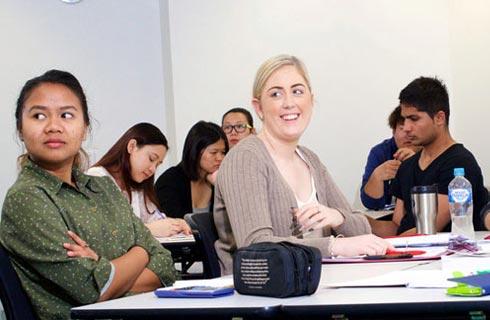
音乐与声音设计学士国际研究文学士
学历文凭
Dual Degree
开学日期
课程费用总额

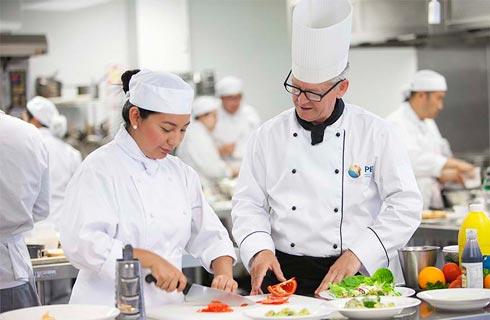
音乐和声音设计学士学位
学历文凭
Bachelor Degree
开学日期
课程费用总额


室内建筑设计学士学位
学历文凭
Bachelor Degree
开学日期
课程费用总额

其他相关课程

媒体学士荣誉学位
 阿德莱德大学
阿德莱德大学学历文凭
Bachelor Degree with Honours
开学日期
课程费用总额


电影电视硕士
 维多利亚艺术学院
维多利亚艺术学院学历文凭
Masters Degree (Coursework)
开学日期
课程费用总额

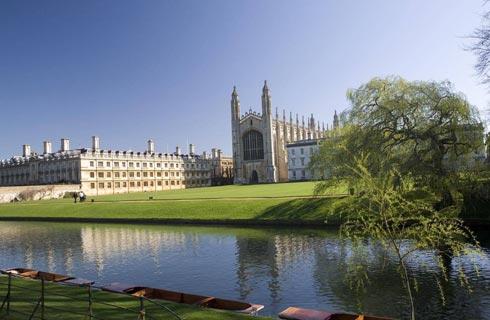
媒体与传播学士(荣誉学位)
 皇家墨尔本理工大学
皇家墨尔本理工大学学历文凭
Bachelor Degree with Honours
开学日期
课程费用总额


互动媒体学士学位,专注于2D动画(标准)
 信息技术学院 AIT
信息技术学院 AIT学历文凭
Bachelor Degree
开学日期
课程费用总额

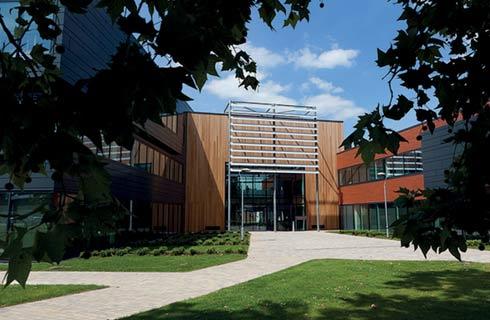
交互式媒体学士学位,专注于2D动画(加速)
 信息技术学院 AIT
信息技术学院 AIT学历文凭
Bachelor Degree
开学日期
课程费用总额

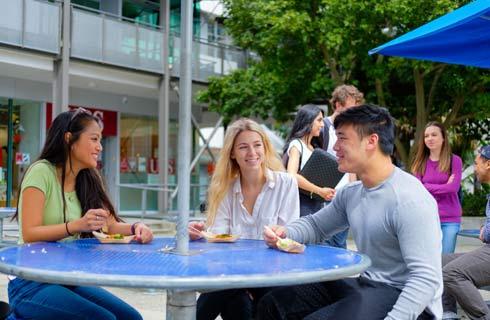
创意艺术学士-新闻学学士
 伍伦贡大学
伍伦贡大学泰晤士高等教育世界大学排名:247
学历文凭
Dual Degree
开学日期
课程费用总额










